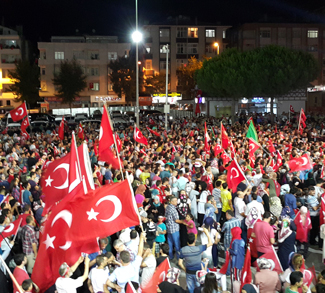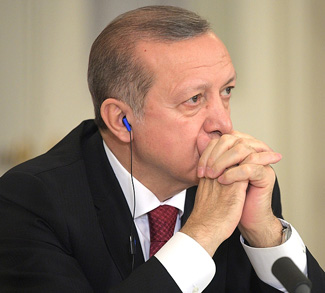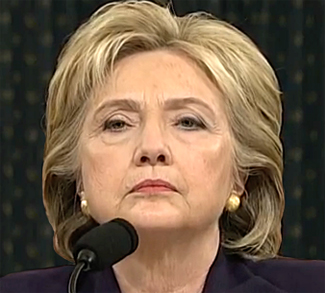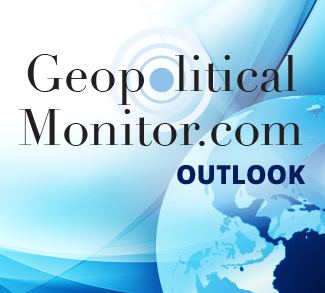Summary
Turkey President Erdogan has made Russia his first foreign visit following the dramatic events of a failed coup last month.
The visit comes against the backdrop of a deepening crackdown on supporters of US cleric Fethullah Gulen in Turkey.
It also has some in the West concerned that Erdogan’s choice of Russia is symbolic; they’re worried that it’s meant to launch a new era in Turkish foreign policy – one in which the goal of being accepted as a member of the EU, a ‘Western state,’ has been roundly discarded by the Turkish authorities.
Impact
The choice of Russia is deeply symbolic in several different ways. For one, it suggests a wish to bring the recent Turkey-Russia spat to an end. The two countries have been locked in a cycle of mutual punishment since the unrepentant downing of a Russian Su-24 jet by Turkey in Syria. The trip builds on recent positive momentum from the Russian side as well. Vladimir Putin declared back in June that he had received an apology for the incident from his counterpart; this was long held up by the Russians as a prerequisite to any normalization in ties.
From a practical point of view, it was unlikely that the two countries would remain estranged for long. The bilateral trade relationship is important for both sides – and both have been economically suffering from their own punitive measures. There are also major deals that have been put on hold in the meantime, such as the TurkStream gas pipeline and Russia’s construction of a nuclear reactor in Turkey.




